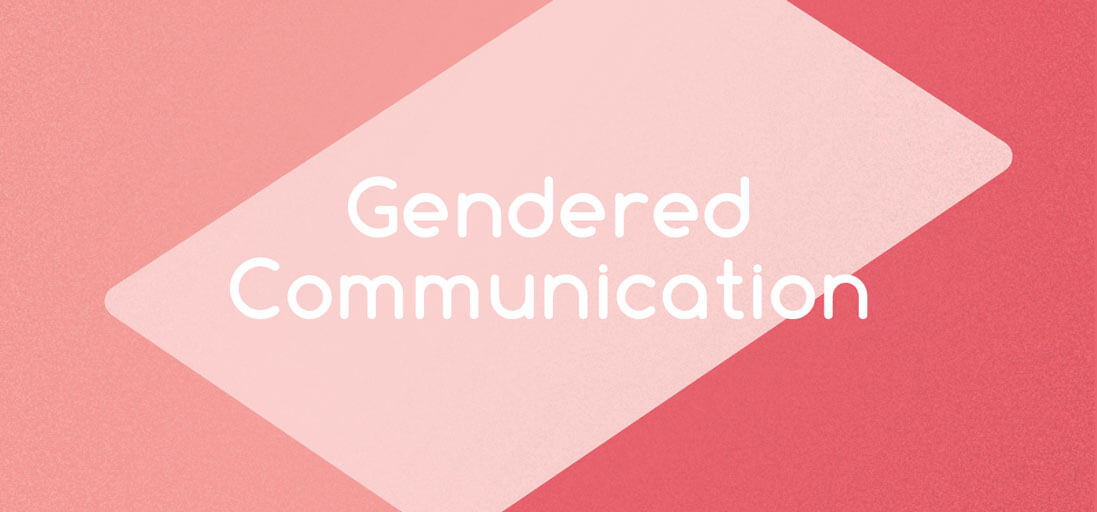Articulation therapy
***COVID-19 update: all services, including individual, group classes, and consultations, are provided online via Zoom videoconferencing. Insurance coverage for online services is the same as for in-office services. Learn more about online speech therapy here, or contact us for more information.***
What is articulation therapy?
Speech clarity (often referred to as “articulation” by speech-language pathologists) can be improved at any age (we’ve helped retirees overcome lisps!). The goal of articulation work is to create a clear, crisp speech pattern that is easy for listeners to understand. For some clients, this means developing “perfect” speech. For others, this means working towards a certain level of overall clarity, with some room for individual speech pattern differences.
Articulation therapy work addresses:
- Problems with specific sounds like /r/, /s/, /l/, /sh/, /ch/, and others
- Lisps
- Speech that sounds mumbled or mushy
- Speech that is irregularly rapid and difficult to understand
- Speech that is labored or unclear due to neurological damage
- Accent and dialect modification
What happens in articulation therapy?
Speech and articulation work typically involves exercises and drill practice to retrain the speech mechanism. Monitoring your physical speech production is extremely mentally intense, so building cognitive stamina to maintain your new pattern in live conversation is a major component of therapy.
If you’ve grown up with a speech difference, it’s very normal to be self-conscious about how you talk. We also target speaking confidence and work on reducing habits like word-switching or other avoidance patterns.
Can articulation therapy help with accents?
If you want to work on your accent, we start by identifying the accent patterns that most impact your interactions and audiences. New patterns are refined, retired, and added as you progress. Some clients want to ensure that they preserve certain aspects of their native accent; others wish to sound as American as possible. Dialect work can include developing code-switching skills, the ability to turn certain dialect features up or down according to your audience and community. Advanced accent and dialect work can include working on broader goals like word choice, intonation, non-verbal behaviors, and other cultural elements of communication.
* Please note: Accents and dialects are not medical conditions. Because they are not medical issues, accent and dialect work is not covered by health insurance. However, many employers will reimburse for accent and dialect services because it improves employees’ communication effectiveness.
You may also be interested:
“I worked with Katie over a period of several months to correct a lisp I had all my life. My lisp had always been an embarrassment for me that left me self-conscious. I consider the time I spent in speech therapy with Katie a gift. I had no idea before beginning therapy that a lisp could be corrected in adulthood, but I was mostly rid of it at the conclusion of my therapy. I was surprised how quickly improvement was achieved and how successfully that improvement could be maintained. Katie was a delight to work with, individualizing my needs, maintaining optimism and showing genuine interest in helping me across the process. I recommend her without any reservation. My only wish is that the national speech therapy organization would better advertise to the public how effectively speech therapy can correct adults’ lifelong articulation problems. If I had known, I would have sought help many years earlier.”
B, professional
"I‘ve worked with Rachel Muldoon and her student intern Jordan on reducing my Romanian accent, and I can’t say enough good things about them. They are very professional and easy to work with. I’ve noticed improvements in my pronunciation after two weeks. Rachel worked with me on all different levels, from individual sound production to linking difficult vowels or consonants. She taught me how to use the right muscles and make the right movements in order to produce the correct sounds and gave me great tips on how to create the muscle memory I needed (the Romanian language doesn’t have many of the English sounds). Rachel also teaches a class on confidence, so I feel like I got a little bonus for having her as my accent coach."
L, professional

Chicago, IL
312.870.0352

Chicago, IL
312.870.0352

Chicago, IL
312.870.0352

Chicago, IL
312.870.0352





